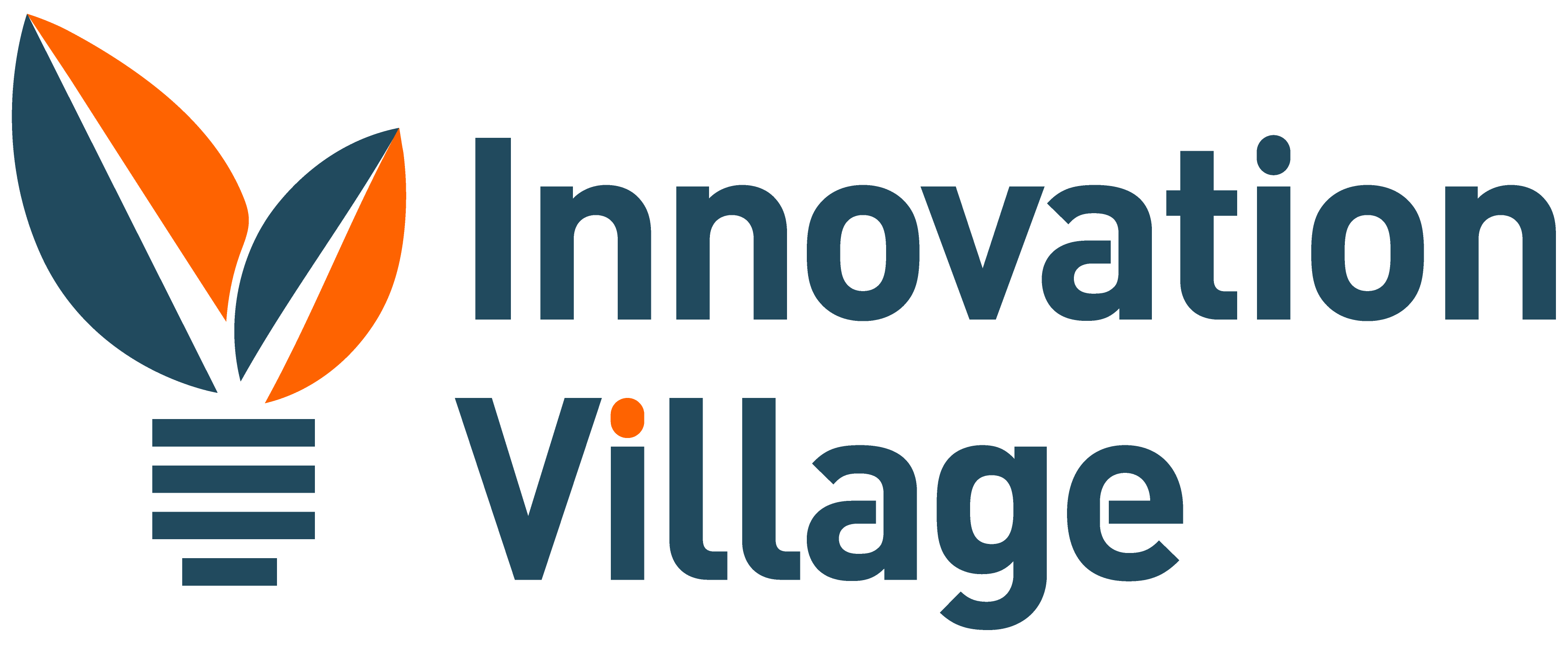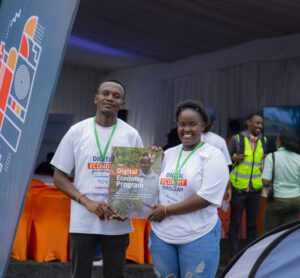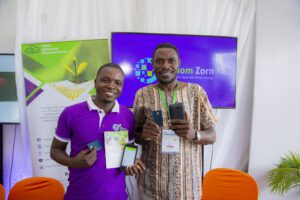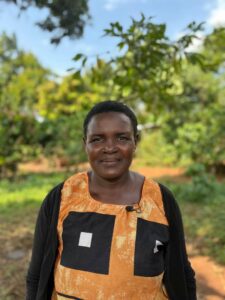In Africa, shea nuts stand as a crucial cash crop, involving over 16 million households and contributing significantly to rural economies. Specifically in East Africa, the shea nut industry sustains numerous families, with a substantial portion of shea butter being exported globally.
Uganda, with approximately 16,000 shea nut farmers, particularly in Northern Uganda, experiences steady industry growth. However, the sector faces challenges such as limited market access, unstable prices, and a lack of crucial information and resources. Esther Apili, a widow and mother of six in Abim district embodies the challenges faced by shea nut farmers. For her, the shea nut farming is more than a source of income; it’s a lifeline for her family and community. After her husband’s passing, Esther turned to communal shea nut trees for sustenance. Her Early mornings were spent collecting shea seeds to sell, initially struggling to provide for her family.

Over time, Esther diversified her farming activities with the 4 acres her husband left her, cultivating maize, sunflower, cassava, and even establishing a fishpond, contributing to her homestead and community food supply. Despite her determination, Esther faces the same disadvantages as a shea nut farmer without access to digital tools. The lack of real-time market information leaves her vulnerable to missed opportunities and price volatility. Unpredictable weather patterns further jeopardize her crops, and the absence of access to weather updates puts her at risk of substantial losses. Additionally, without digital tools, Esther’s agricultural knowledge and record-keeping are hampered, limiting her access to services like loans, insurance, and credit scores.
The Digital Economy Program, a recently launched collaborative initiative between Innovation Village and Mastercard Foundation has over the months partnered with organizations like Uganda National Farmers Federation, and technology solution providers like Hamwe East Africa, MobiPay Agrosys Ltd, Service Cops, together with banks like Equity Bank Uganda to extend services to last mile farmers like Esther.

This transformative initiative aims to digitally profile farmers through biometrics, provide real-time market information, and ensure fair pricing for last-mile individuals. Through this program, Esther will receive a digital card, granting her access to a range of services. Working closely with technology solution providers, Esther can now leverage digital platforms to monitor weather conditions, optimize agricultural practices, and access crucial services.
The program extends beyond farming, bridging digital financial services and knowledge sharing platforms through its partnerships with banks and insurance companies. For Esther, this means more than safeguarding her farm; it signifies securing a stable future for her family and community. The program recognizes that it’s not just farmers who need support; it’s the entire community. By collaborating with various stakeholders, the program aims to digitally transform last-mile users and communities in agriculture and particularly the shea nut value chain. The impact is set to be groundbreaking, with a goal of reaching 3.4 million youth, women, smallholder farmers, and farmers like Esther. Among the program’s objectives, Esther and her fellow farmers should have access to essential resources such as real-time information, weather updates, and best agricultural practices.
Empowering individuals like Esther involves skilling and providing tools for informed decision-making, breaking barriers to education, healthcare, credit scores, and other services. Through the positive impact of digitalization, the program seeks to uplift not only Esther but her entire community, creating a cycle of growth and development that touches every aspect of community life.
Digitalization will bring several key advantages to shea nut farming in Uganda, transforming farmers’ lives by empowering them with the tools to make informed decisions that significantly impact their livelihoods. The introduction of digital services will ensure fair pricing for shea nuts, providing economic stability and dignity in their work. The program will work closely with partners to digitize the entire value chain, from farm to market.
This story is not just about technological innovation but also about digital inclusion, resonating with the entire African continent. As the Digital Economy Program unfolds, the goal is to digitally profile farmers like Esther, ensuring that last-mile users are included in this digital revolution. The program aims to create a brighter future for generations to come where Esther and farmers like her are central to this transformation, stepping into the spotlight as inspirations for farmers in other value chains looking to be digitized. Ultimately, the program promises to impact Esther’s life positively, providing her with the resources and knowledge to secure a stable and prosperous future for her family and community.





